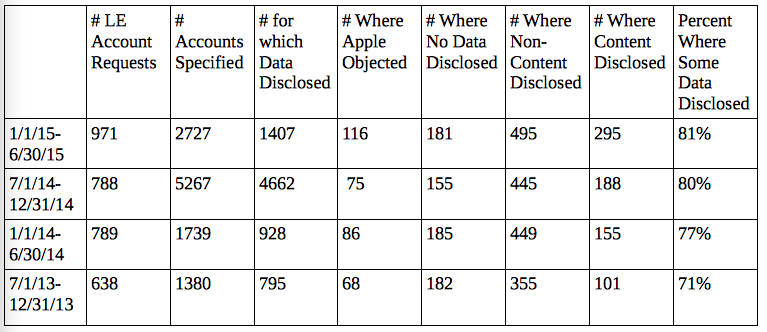Government Refuses to Let Steve Bannon Sneak Away from His Federal Fraud Indictment
On February 11, Steve Bannon’s pardon was lodged in his federal docket with no explanation, entered with a date of January 19. As compared to the Mike Flynn pardon, there was no DOJ request to dismiss the prosecution nor an indication that Bannon had accepted it.
Apparently, on February 18, Bannon’s lawyer wrote Judge Analisa Torres an email requesting that she dismiss the indictment against Bannon. In response, yesterday the government submitted a letter agreeing that Bannon can be terminated from the docket and have his bond returned, but opposing that the indictment be dismissed.
As prosecutors explain, a pardon is only meant to forgive punishment, it is not intended to forget the crime. And if the court dismissed the indictment, prosecutors point out, it would have consequences beyond the pardon.
The fact that Bannon was pardoned does not extinguish the fact that a grand jury found probable cause to believe that he committed the offenses set forth in the Indictment, nor does it undercut the evidence of his involvement therein which the Government expects to elicit as part of its presentation at trial. Were the Court to dismiss the Indictment against Bannon, it could have a broader effect than the pardon itself, among other things potentially relieving Bannon of certain consequences not covered by the pardon.
[snip]
Accordingly, because Bannon does not set forth any legal authority for the proposition that a court should dismiss an indictment following a pardon, and the only stated basis for his request is to “clarify” his status, the Court should deny the request.
The government also demands that Bannon file the letter in the docket.
Finally, the Court should direct Bannon to publicly file his February 18th letter on the docket. Bannon’s counsel submitted the letter to the Court by email—and therefore effectively under seal—because, in his view, “Bannon should no longer be a defendant in the case.” However, until the defendant is administratively terminated, he remains a named defendant and more important, Bannon’s status in the case is not a basis to make his submission under seal.
The government submitted the filing on the same day that CNN reported an accelerating state investigation into Bannon for the same crimes.
The Manhattan district attorney’s office has subpoenaed financial records related to Steve Bannon’s crowd-funding border-wall effort, signaling that its criminal investigation into former President Donald Trump’s chief strategist is advancing, according to people familiar with the matter.
Prosecutors sent the subpoenas after Trump pardoned Bannon in late January for federal conspiracy crimes tied to the southern border-wall project, making Bannon among the Trump world figures — including the former president — subjects of criminal investigations by Manhattan district attorney Cyrus Vance.
The grand jury subpoenas were sent to Wells Fargo, one of the financial institutions that handled some of the accounts used in the fundraising effort, and to GoFundMe, the crowdfunding platform where Bannon’s project, “We Build the Wall,” once operated, the people said.
The state grand jury investigation revives the possibility that Bannon, the conservative and outspoken political strategist, could face state criminal charges after shedding the federal case last month.
In addition to the criminal investigation, the New Jersey attorney general’s office has launched a civil inquiry into We Build the Wall. In September, the New Jersey Division of Consumer Affairs subpoenaed We Build the Wall for documents seeking a wide range of records, according to court filings.
This all suggests that Bannon may be in a far worse place for having obtained a Trump pardon.
In mentioning its intent to elicit testimony of Bannon’s actions in the letter, the government seems to be alluding to the fact that Bannon is a named co-conspirator. They will want (and need) to introduce his actions and statements as a co-conspirator into evidence to convict the others. Thus, it is important for prosecutors that he remain a named — albeit pardoned — co-conspirator in the Federal crimes.
Forcing Bannon’s attorney to submit the letter in the docket itself will effectively force him to officially accept the pardon, which prosecutors will then argue is admission of guilt, making the co-conspirator evidence from him even more valuable by association.
The public filing may also be necessary before Cy Vance can request the grand jury materials from Judge Torres, as referenced in the CNN piece.
And, of course, rather than facing a sentence at some Club Fed prison, Bannon might now be facing a crappier New York State prison like Rikers.
All that’s before any other federal charges facing Bannon related for foreign influence peddling.
It was never going to be easy for Bannon to pull off a Trump pardon. Thus far, his attorney Robert Costello may be making things worse.





